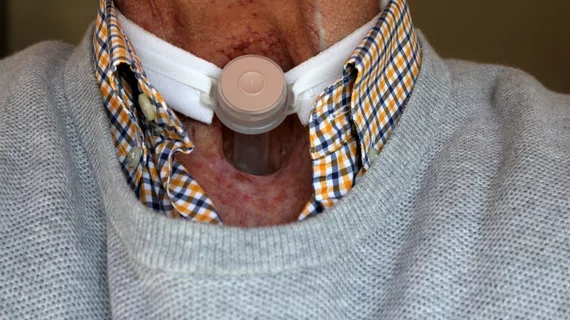New hope for ‘mechanically dynamic’ tissue that’s been damaged
Mechanical engineers have developed injectable hydrogels that can fuse with frequently moving tissues—like those of the heart, muscles and vocal cords—to repair damage and restore function.
The team conducted the work at McGill University in Montreal and has published its study report in Advanced Science.
Taken together, the experimental gel formula and delivery technique stand to drive development of drug delivery, microfluidics, cell culture and disease modeling, the authors suggest.
The hydrogels proved favorable to cell growth, spreading and proliferation, lead author Sareh Taheri and co-authors report.
In addition, the hydrogels “maintained their structural integrity under highly dynamic cyclic biomechanical loadings while supporting cell viability and functions,” the authors write. “Their great potentials were demonstrated for the use in cell-culture perfusion microfluidics and vocal fold mimetic perfusion bioreactors.”
More:
Thanks to an unprecedented combination of mechanical, structural and biological properties, the proposed material and technology are expected to impact broadly the repair and regeneration of mechanically dynamic tissues and benefit the development of drug delivery, microfluidics, cell culture and disease modeling.”
In coverage by McGill’s news division, co-author Guangyu Bao says that, until now, no injectable material had stood up to the demands of moving tissue.
“The results are promising,” Bao says, “and we hope that one day the new hydrogel will be used as an implant to restore the voice of people with damaged vocal cords, for example laryngeal cancer survivors.”
The study is available in full for free.

